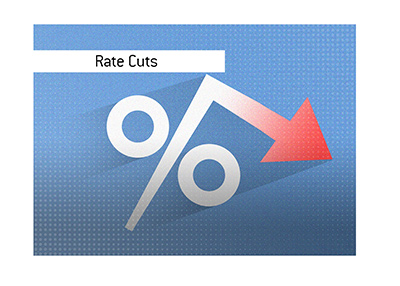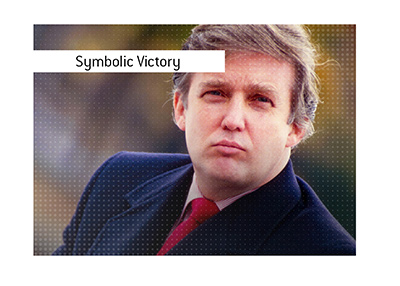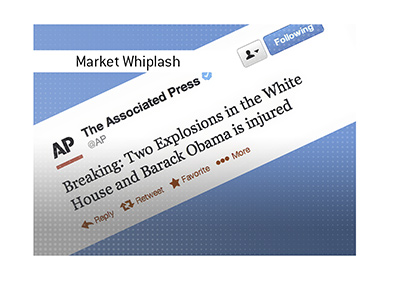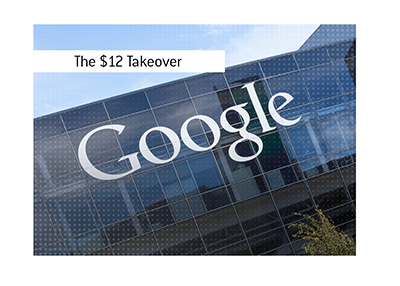A Look at Why Interest Rates are Expected To Drop in the United States
 It is a legitimate question - if the United States economy so strong, why is the market pricing in multiple interest rate cuts in 2019 and 2020?
It is a legitimate question - if the United States economy so strong, why is the market pricing in multiple interest rate cuts in 2019 and 2020? After all, shouldn't interest rates (which are still quite low in a historical context) being going up if the economy is so strong?
If you'll remember, just as recently as 2018, the United States was seemingly raising interest rates as fast as they possibly could, much to the chagrin of US President Donald Trump. President Obama enjoys the "benefits" of lower interest rates, President Trump complained - why don't I get the same benefit?
From this point, President Trump launched a campaign to pressure the FOMC to lower interest rates. In fact, there were some who thought that President Trump might try to remove Federal Reserve Chairman Jerome Powell from his position. President Trump argues that he DOES have the power to do this, though he hasn't taken that step as of yet.
-
So, the question is - what could be the justifications for cutting interest rates when the US economy is seemingly still on strong footing?
Here are the various justifications for the new easing policy:
1) Trade wars. This is the big one. With ongoing "trade wars" with the likes of China currently taking place, the line of thought is that the FOMC will look to insulate the US economy from any potential turmoil by making sure that interest rates are low.
This does create an interesting scenario, however - what happens if interest rates are cut 3-4 times and then the US signs a trade deal with China? Could the economy overheat?
2) Re-election of President Trump. Lower interest rates would have a positive impact on the stock market. President Trump frequently cites the performance of the stock market and many believe that he uses that as his proxy for how well he is doing as President, rather than polling numbers.
If the US economy remains strong into the 2020 election, the chances of President Trump losing falls dramatically.
3) Global turmoil. This ties in with #1 on this list - with the trade war between China and the US ongoing, as well as potential conflicts in Iran simmering, the global economy is in an interesting position right now, and the US likely wants to keep rates low in order to protect itself against this ongoing turmoil.
-
In reality, the world is likely in a phase where government stimulus is a constant reality.
This is obviously a scary thought, as what happens if the world encounters another recession similar to 2008 - what will be used to stimulate the global economy at that point?
Filed under: General Knowledge



